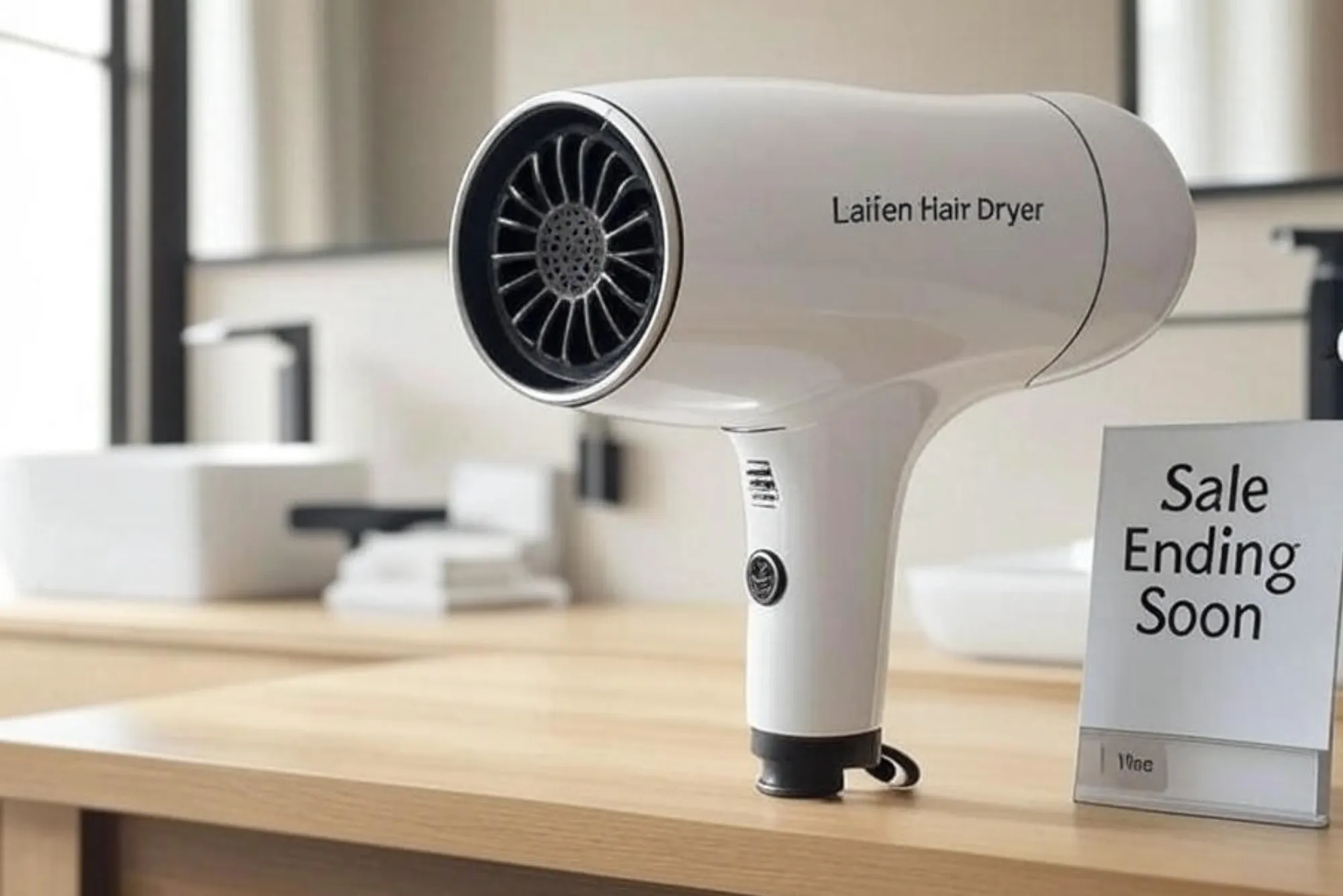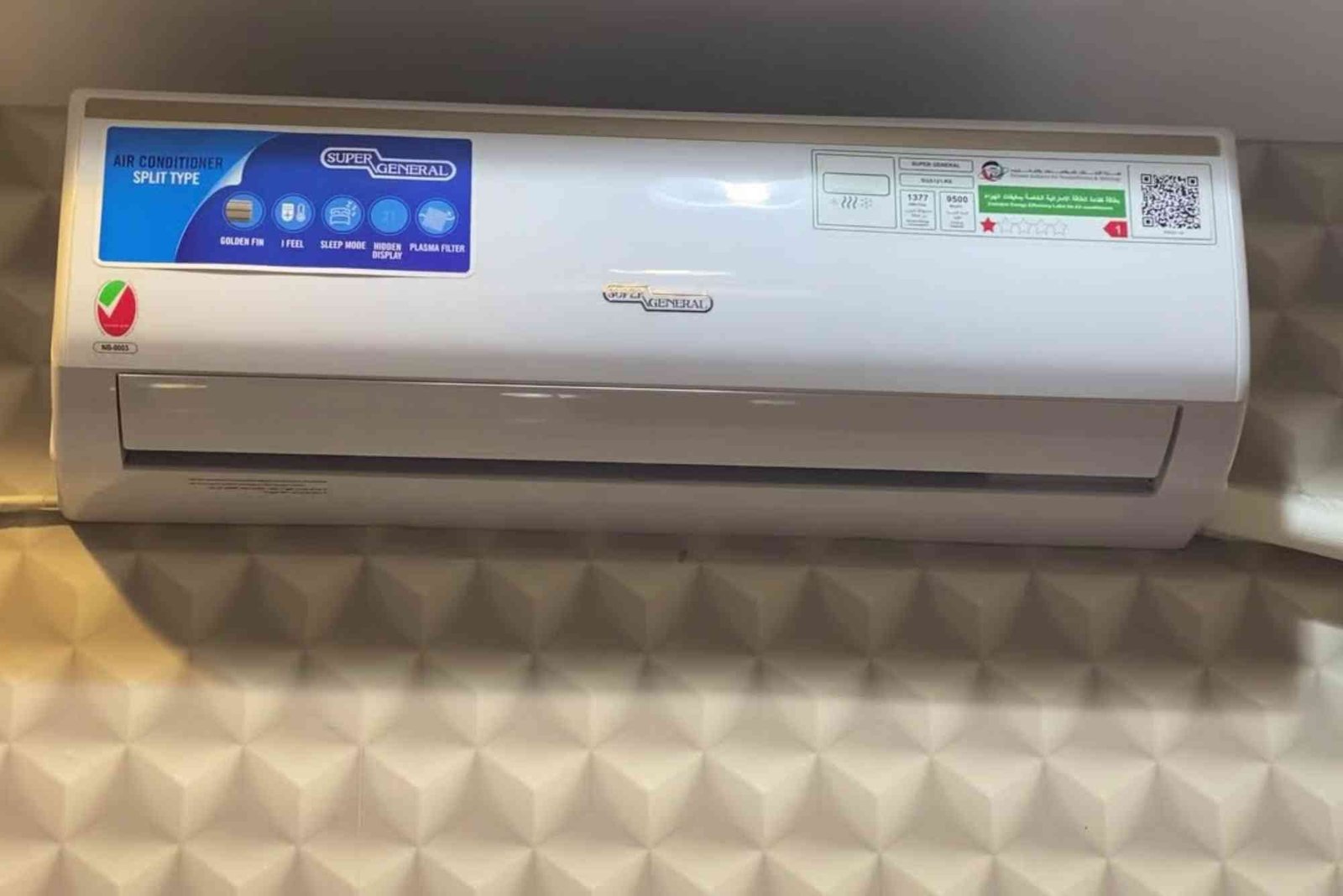Benign prostatic hyperplasia (BPH) is a common condition among aging men, leading to an enlarged prostate that affects urinary function and overall well-being. While medical treatments and lifestyle changes can help manage symptoms, diet plays a crucial role in improving prostate health. Certain foods can aggravate BPH symptoms, leading to increased discomfort and urinary issues. Avoiding these foods can support the effectiveness of treatment and enhance overall quality of life.
Understanding the Impact of Diet on BPH Treatment
A well-balanced diet is essential for managing BPH. Some foods contribute to inflammation, hormonal imbalances, and fluid retention, all of which can worsen prostate enlargement. By making strategic dietary adjustments, men can experience relief from symptoms such as frequent urination, weak urine flow, and nighttime disturbances.
Foods to Avoid for Better BPH Management
Processed and Red Meat
Diets high in processed and red meat have been linked to increased inflammation, which can worsen prostate enlargement. These meats contain unhealthy fats and preservatives that may contribute to hormonal imbalances and oxidative stress. Instead of consuming sausages, bacon, and beef regularly, opting for lean proteins like chicken, fish, and plant-based alternatives can be beneficial.
Dairy Products and High-Fat Foods
Full-fat dairy products such as whole milk, cheese, and butter can contribute to increased inflammation and hormonal disruptions. Some studies suggest that excessive dairy consumption may elevate prostate-specific antigen (PSA) levels, potentially aggravating BPH symptoms. Switching to low-fat or plant-based dairy alternatives like almond milk and soy-based products can help reduce inflammation.
Caffeinated Beverages and Alcohol
Caffeine and alcohol act as diuretics, leading to increased urinary urgency and frequency. These substances can irritate the bladder and worsen symptoms of BPH. Reducing consumption of coffee, tea, energy drinks, and alcoholic beverages can promote better bladder control and minimize nighttime urination.
Spicy and Acidic Foods
Spicy foods and acidic items like citrus fruits, tomatoes, and hot peppers can irritate the bladder lining, leading to increased urgency and discomfort. Men undergoing BPH treatment should limit their intake of spicy curries, chili-based dishes, and excessive amounts of acidic fruits to prevent exacerbation of symptoms.
Salty and Processed Snacks
Excess sodium intake can cause fluid retention and increase blood pressure, which may put additional strain on the urinary system. Processed snacks such as chips, salted nuts, and fast food contain high levels of sodium that can aggravate swelling in the prostate. Opting for fresh fruits, unsalted nuts, and homemade meals can contribute to better prostate health.
Sugary and Carbonated Drinks
Sugary beverages and sodas contain artificial sweeteners and preservatives that can lead to inflammation and excessive weight gain. Obesity is a known risk factor for BPH, making it crucial to limit high-sugar drinks and replace them with water, herbal teas, and natural fruit juices.
Healthier Dietary Choices for Prostate Wellness
Replacing BPH-triggering foods with nutrient-rich alternatives can make a significant difference in managing symptoms. A diet rich in fresh vegetables, lean proteins, whole grains, and healthy fats supports prostate health. Hydration is equally important, as water helps flush out toxins and prevents urinary complications.
For those seeking an effective medical approach, the best medicine for BPH may provide additional relief alongside dietary changes. Consulting a healthcare provider can help tailor a treatment plan that best suits an individual’s needs.
Lifestyle Adjustments to Support BPH Treatment
Beyond dietary modifications, maintaining a healthy lifestyle is essential. Regular exercise, stress management, and weight control contribute to better prostate health. Activities such as brisk walking, yoga, and pelvic floor exercises help improve bladder control and reduce urinary discomfort.
The Importance of Regular Medical Check-Ups
Routine screenings and medical consultations help track BPH progression and adjust treatments as needed. Early intervention ensures better outcomes and prevents complications. Men experiencing severe symptoms should seek medical advice promptly to explore treatment options tailored to their condition.
For more health-related insights and wellness tips, visit My Secrit. Discover expert advice on maintaining a healthy lifestyle and preventing common health issues.











